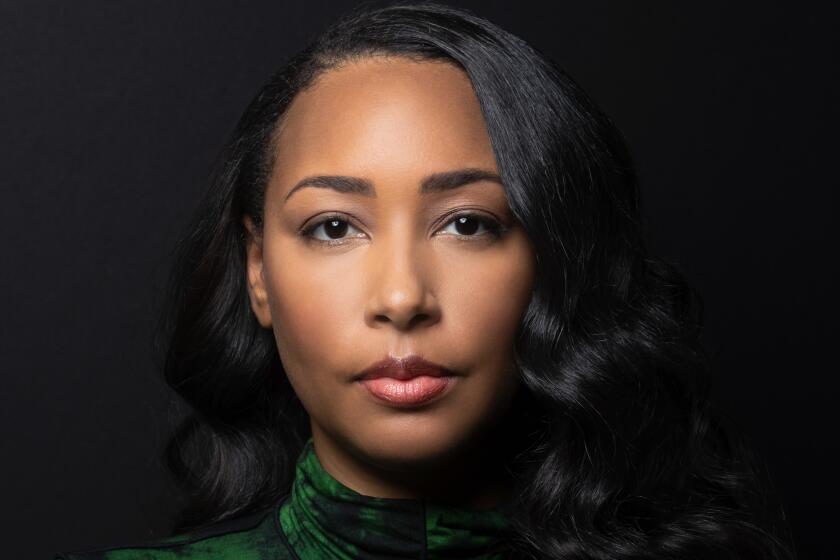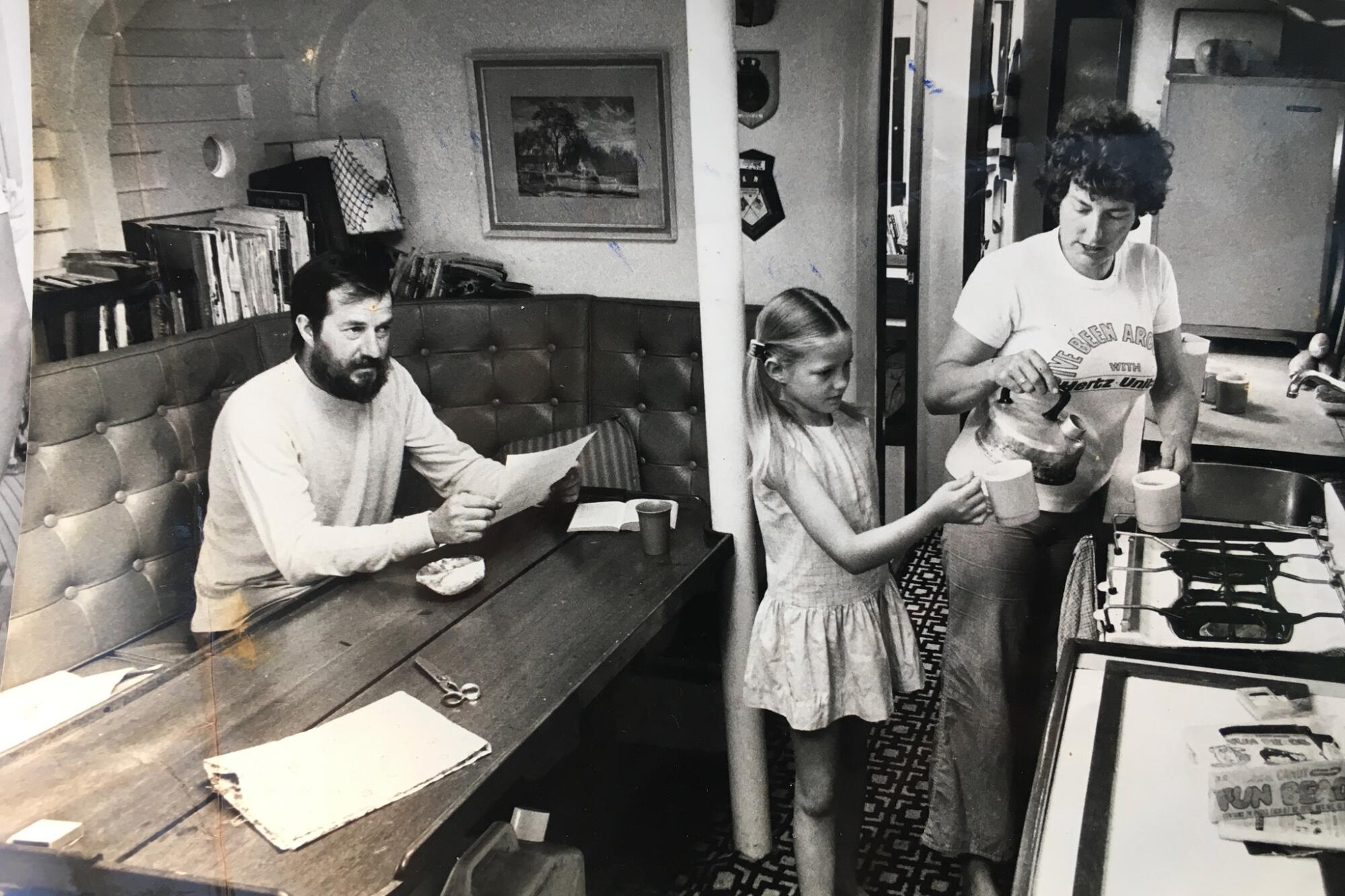
- Share via
Review
Wavewalker: A Memoir of Breaking Free
By Suzanne Heywood
William Collins: 416 pages, $29
If you buy books linked on our site, The Times may earn a commission from Bookshop.org, whose fees support independent bookstores.
Suzanne Heywood was 7 in 1976 when her family set off on a 70-foot boat named Wavewalker, following the nautical path of famed British explorer Capt. James Cook around the globe. The trip was to take three years. Ten years later, Suzanne finally found a way to get off the boat. Her parents sailed on.
“Wavewalker,” Heywood’s memoir of those 10 years, is the story of a lost childhood. From the start, Sue and her younger brother, Jon, were treated as miniature adults. They became unpaid deckhands, learning to keep watch (six hours during the day, three hours at night), trim the sails, perform all manner of physical chores. From the very beginning, they were, she writes, “rubbing down the hatches and the gunwales with sandpaper, our hands becoming dry and coarse themselves. It was horrible work.”
Safiya Sinclair was raised to be Rastafari; instead, she became a poet. Why it took her more than a decade to write the lyrical memoir ‘How to Say Babylon’
Schooling was haphazard, with morning lessons taught by their mother for a few years and then abandoned.
“Wavewalker” is not a shocking story of physical and psychological abuse, like Tara Westover’s “Educated”; nor is it brilliantly written, like Mary Karr’s “The Liar’s Club.” It is a solid, compelling story about what it is like to be raised by parents who are almost certainly narcissists and who ignore their children’s most basic needs for education, love and approval.
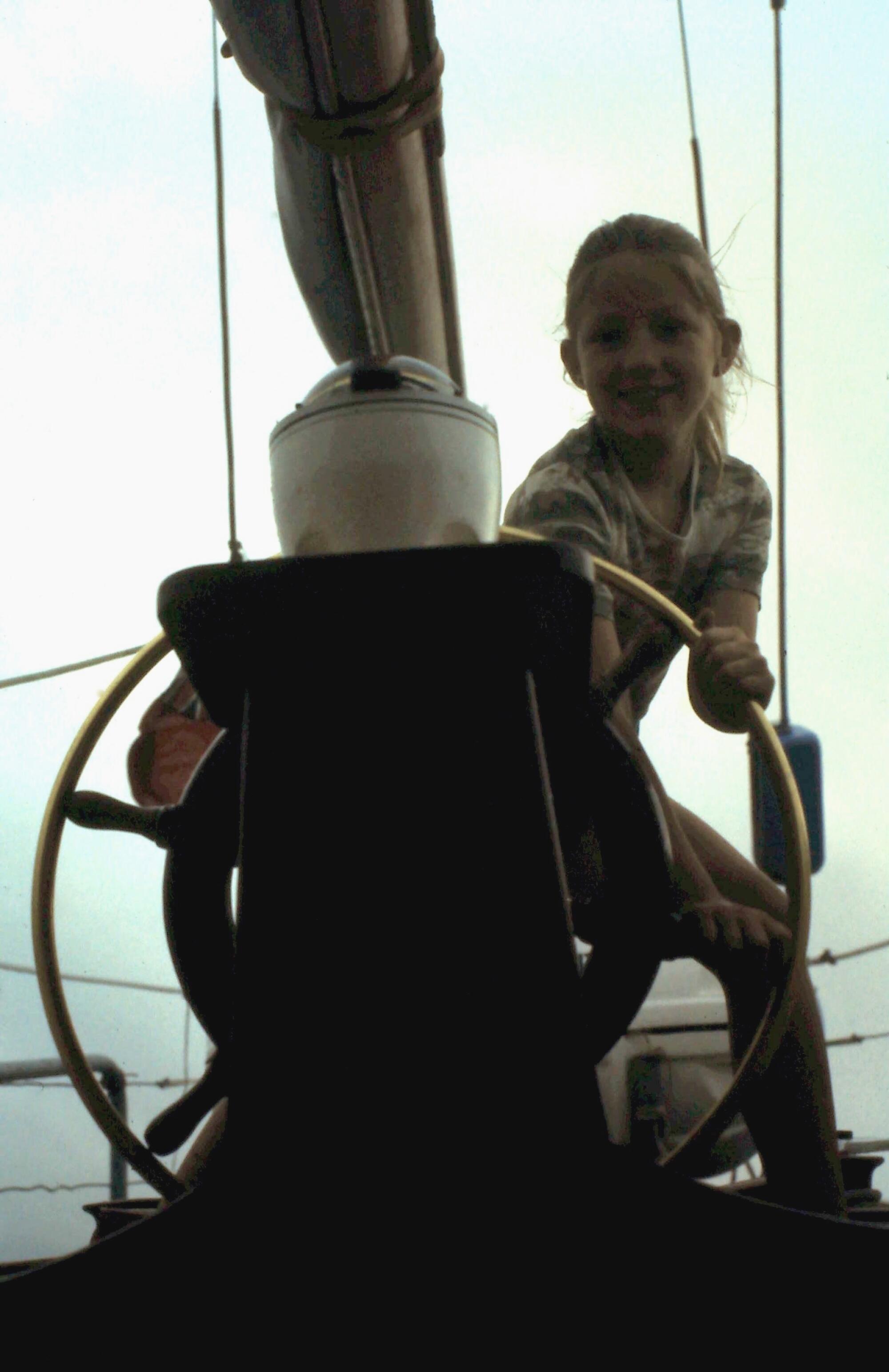
Heywood’s voice and attitude evolve as the book progresses; at age 7, she is excited about the journey, though sad to be leaving her dog and friends. But within a few years, she views the boat as a terminal prison.
“We moved from spring into a summer in which time seemed to have stopped. … I was learning nothing and going crazy with boredom.” This trip was her father’s dream and no one else’s; her mother spent a great deal of time in bed, seasick, thinking about the beautiful clothes she had left behind in England.
Life on the boat meant hours of monotony punctuated with terror. The children often spent days below deck in the dark, waiting out storms while the boat pitched and heaved. An early, violent storm in the Indian Ocean raged for more than a week, with hurricane force winds and 50-foot waves swamping the boat from two directions. The experience haunts Heywood to this day. .
Michelle Dowd was taught how to survive in L.A.’s mountains by a family cult built around privation. ‘Forager’ details how she lived to tell the tale.
“The wind had become a screech, a sound so eerie I was convinced that it contained the cries of sailors’ ghosts,” she writes. “When my father opened the hatch to come below, the howls intensified and I could see hail streaking across the slate-grey sky.”
The force of one massive wave, twice the height of the others, threw Sue across the room, where she cracked her skull, broke her nose and fell unconscious. “When I opened my eyes, I was lying on the floor of the main cabin, half-covered in water ... Shouts and occasional cries drifted in from the main cabin. The boat heaved back and forwards, and the wind moaned outside. I wished a grown-up would come.”
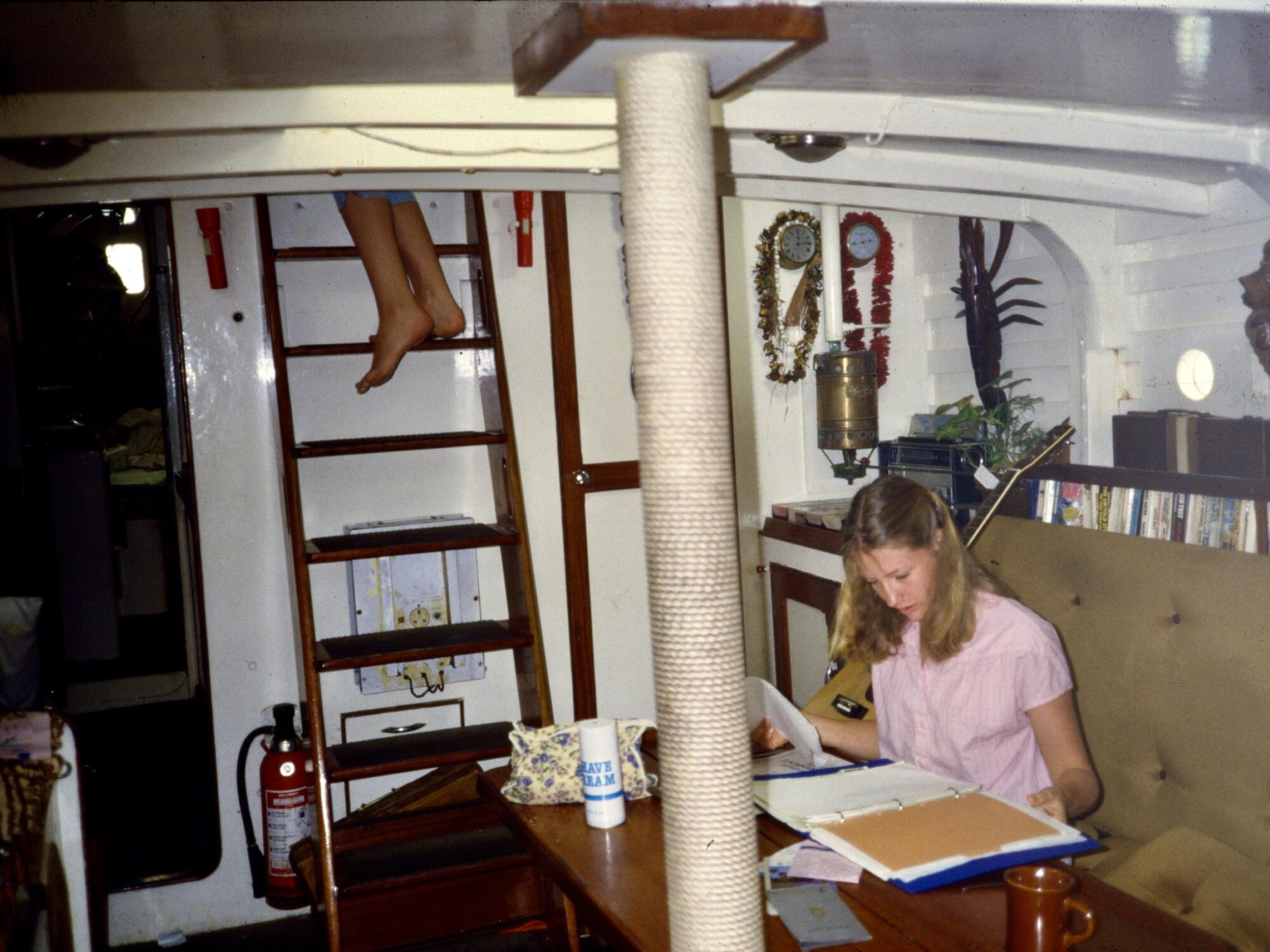
“Wavewalker” is neither bitter nor accusatory, but its tone is mostly one of bafflement as Sue tries to understand her father’s volatile outbursts and her mother’s withdrawal, which slowly turns into outright hostility. (Her father and brother dispute the characterizations in the book; her mother died in 2016.)
The book’s strength lies in the material more than in the prose, which is serviceable and clear, if occasionally awkward; chapters are broken into segments that often end abruptly. The narrative is too long, continuing past its natural ending with both an aftermath and an epilogue.
8 books you should read instead of “Hillbilly Elegy.”
When writing about nature — the moonlight on the water, the vicious storms, the silvery flying fish she watches with rapt amazement — Heywood is at her best. It’s clear that her feelings are complicated, and while she resented her upbringing, there was much about being at sea that she loved.
“Then came a clear night when the winds were steady and the sails were almost full, flapping only a little as the wind drew breath. Countless stars lit up the heavens, with the Milky Way a pale gash across the middle. I lay on deck staring up at this panorama.”
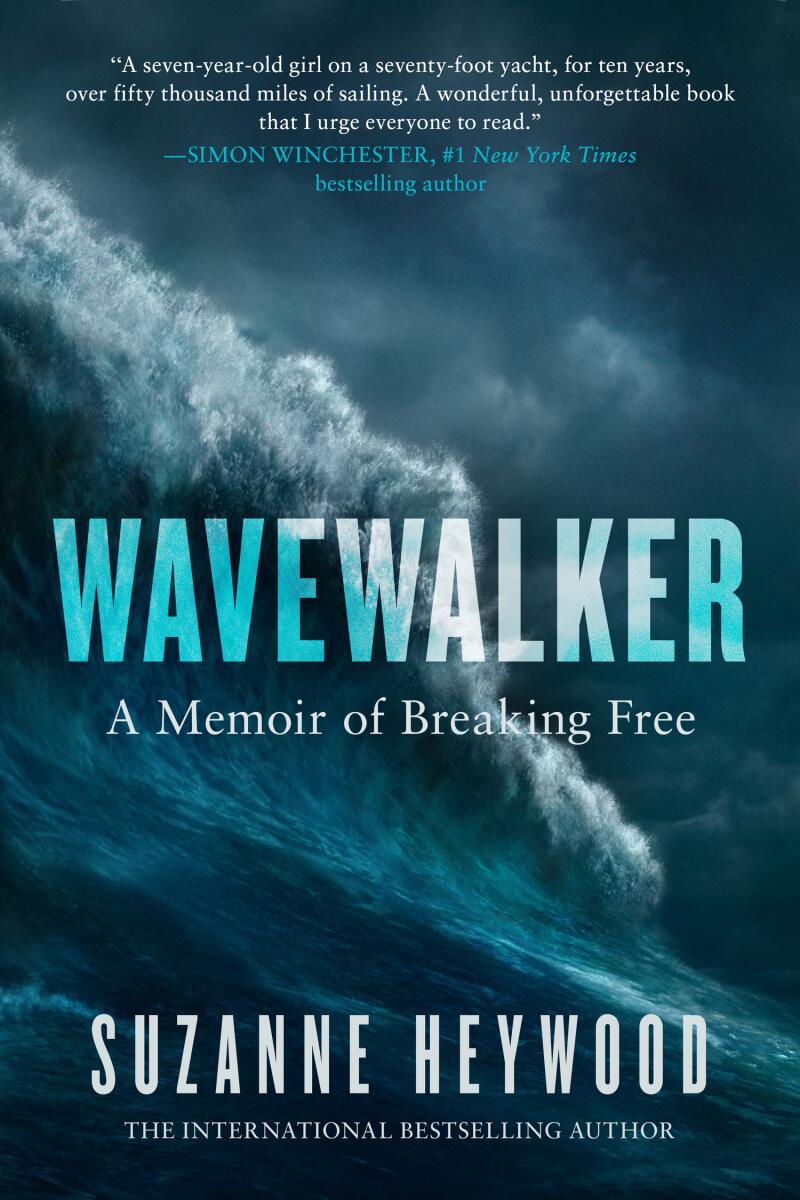
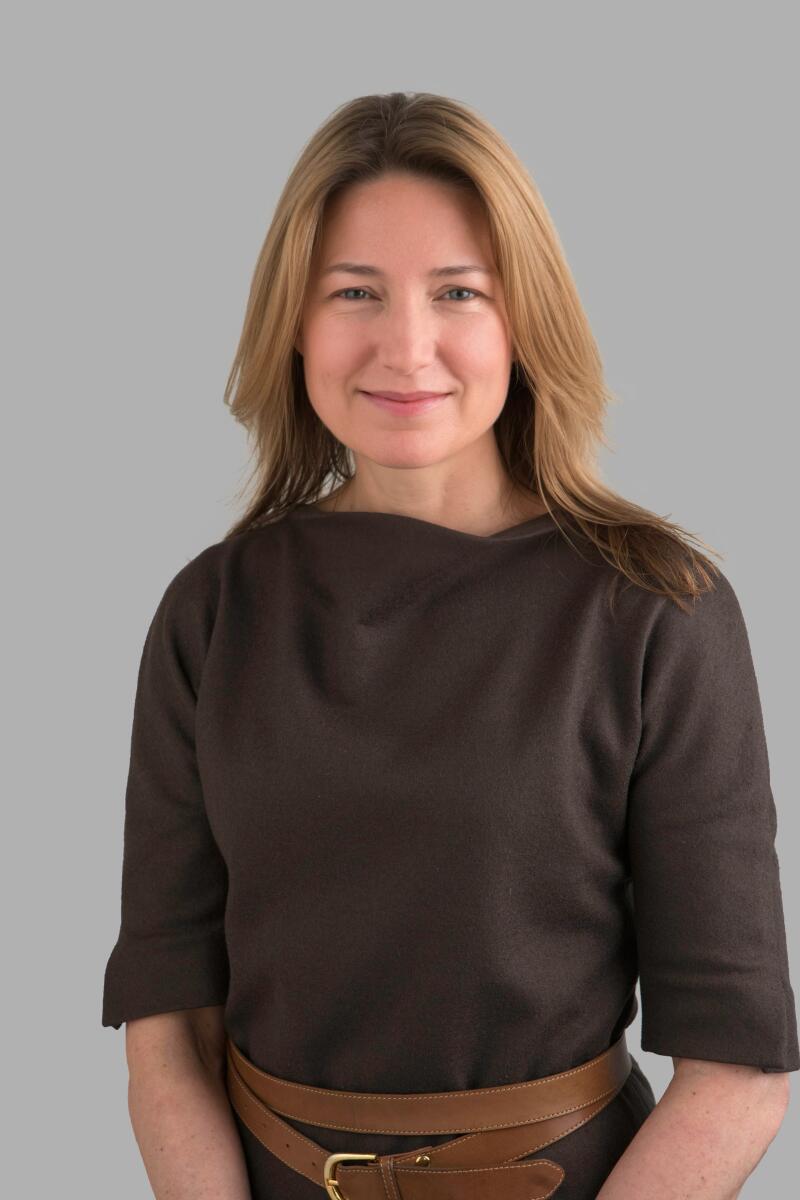
Suzanne Heywood’s “Wavewalker” is a memoir of a singular and in many ways oppressive upbringing. (Harper360; Exor)
Like Westover, Heywood — now an author and high-level executive — found escape largely by educating herself. She finishes her coursework through correspondence schools and then applies to every college she’s ever heard of, including Oxford and “Harvard University, Harvard, America.”
Just one college responds, but one is enough. Off she goes. Her years of isolation, of hard work, of dealing with her toxic family, have taught her that the anchor she needs is within.
Hertzel is a book critic in Minnesota and the author of a memoir, “News to Me.”
More to Read
Sign up for our Book Club newsletter
Get the latest news, events and more from the Los Angeles Times Book Club, and help us get L.A. reading and talking.
You may occasionally receive promotional content from the Los Angeles Times.
